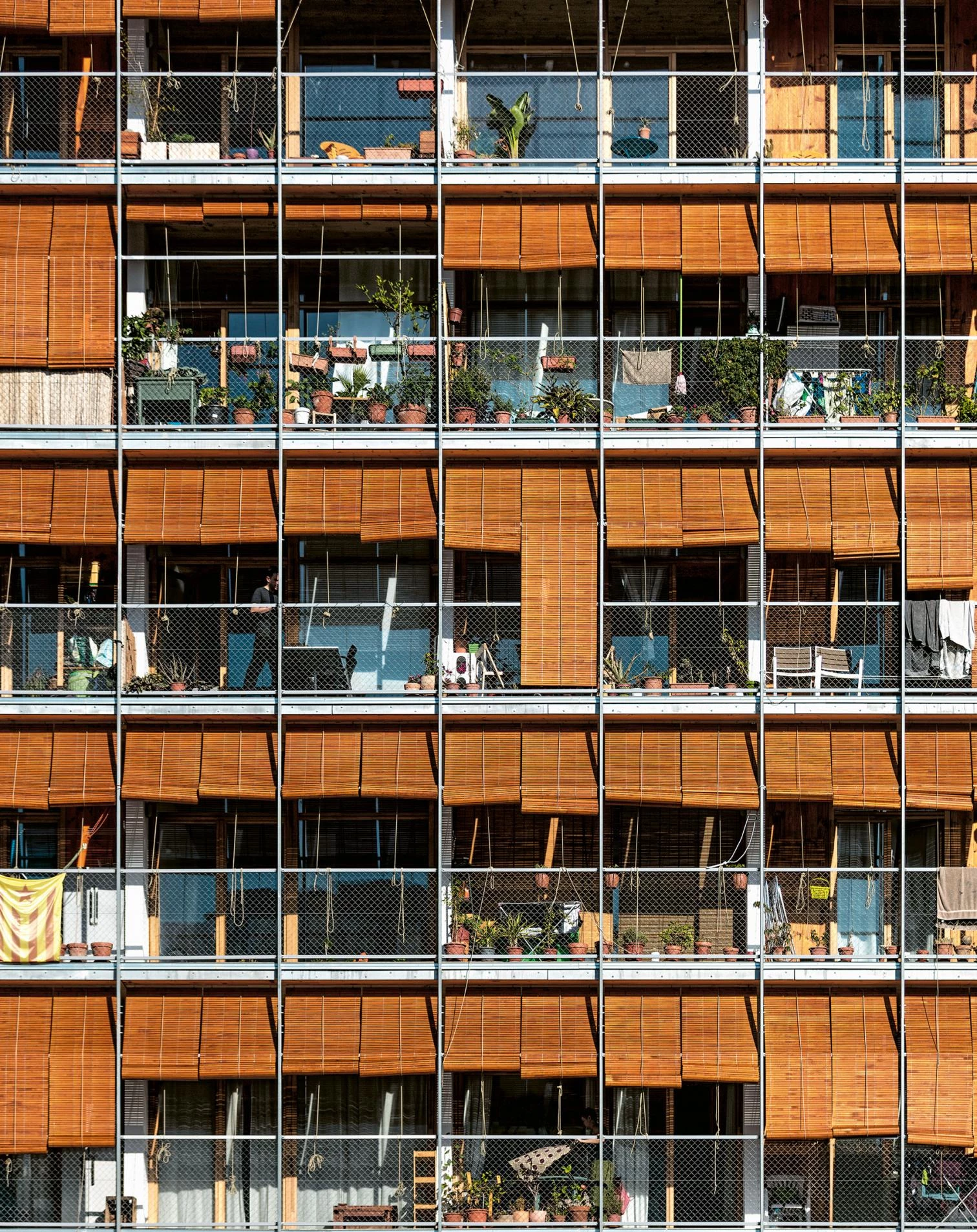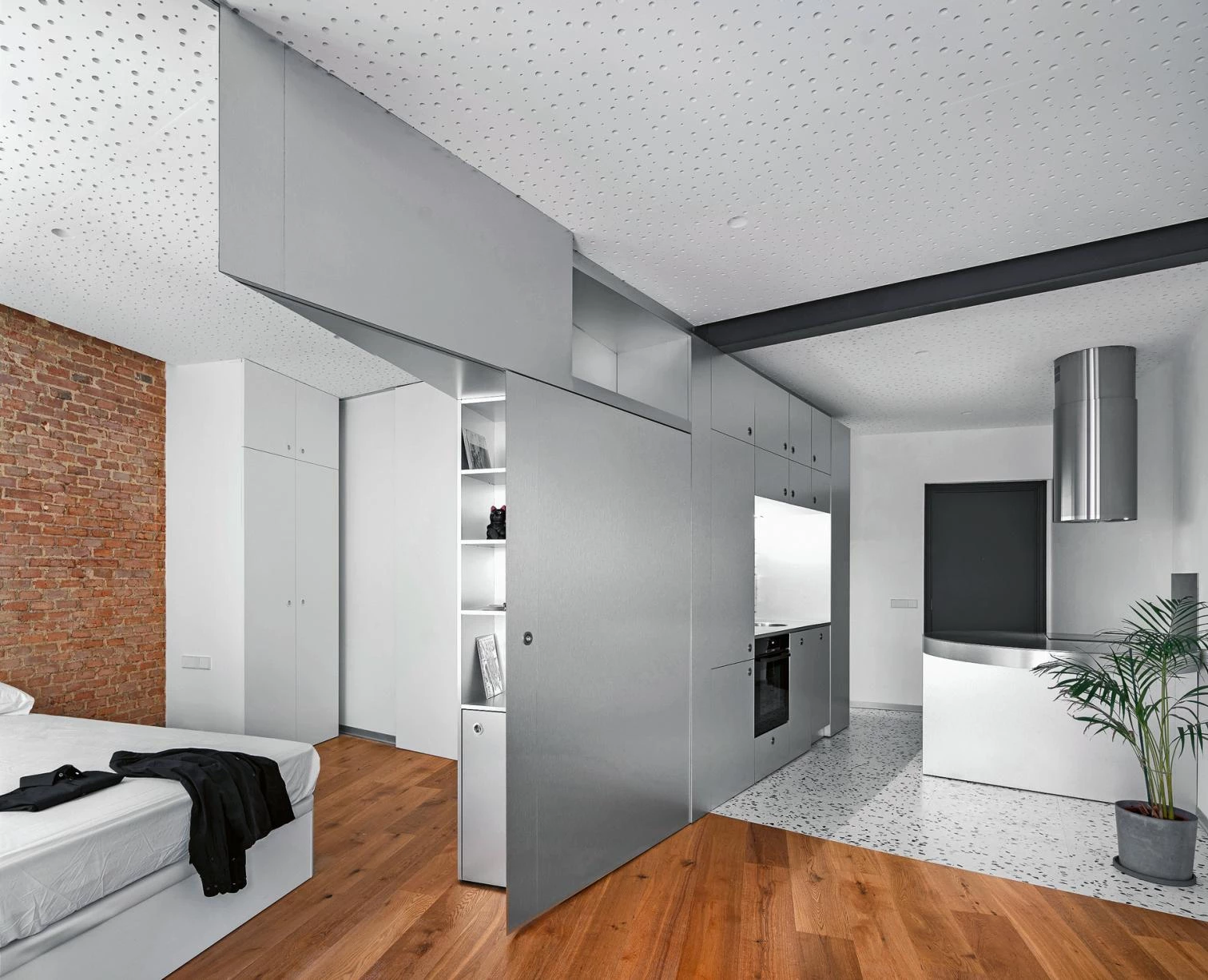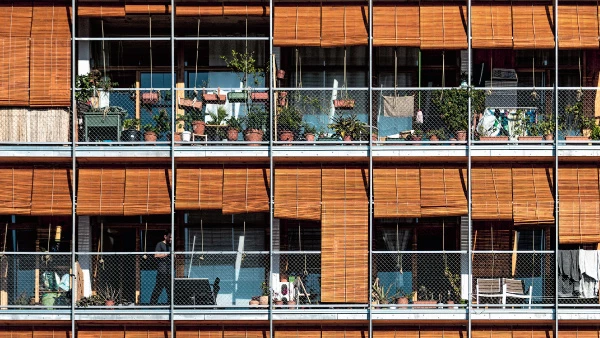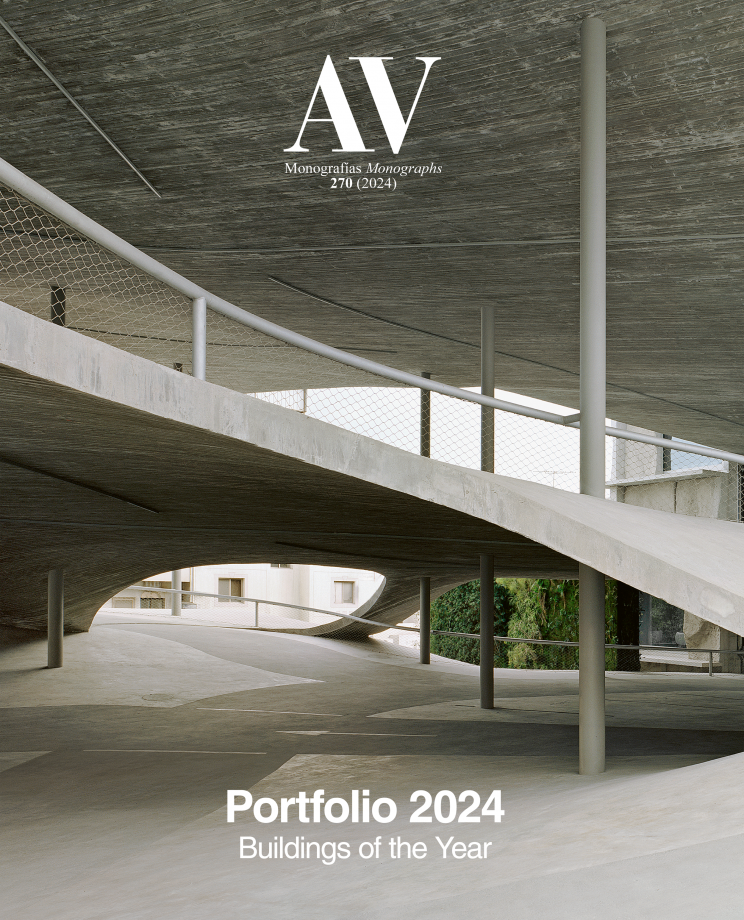
Lacol, La Borda Housing Cooperative, Barcelona
We need more dwellings, and we need better cities. Housing is the field where the main contemporary challenges converge, from youth precarity or mass tourism to uncontrolled immigration or climate change, problems all of them that – beyond requiring specific strategies – put stress on the residential market. We need to improve the situation of the young, neglected in the political agenda due to their scarce voting weight; to establish limits to tourism without giving up the economic and cultural wealth it brings; to regulate immigration, acknowledging that it is an unstoppable and necessary phenomenon in the face of our demographic winter; and to adapt buildings and cities to the irreversible impact of climate change. While all this would contribute to the affordability or the quality of housing, it is by no means sufficient, because the difficulties of access to decent homes nowadays have a quantitative dimension that can only be tackled by increasing the housing stock.
To build more homes is the recipe most often repeated by economists who have assessed the programs of different political parties, from the American Democrats to the European socialists, in which the social concern over the cost of housing has led to measures that address demand through subsidies, because if supply is not supported by more houses, many of these aids will have the unwanted effect of increasing prices. So above all we need to build more houses, and we need them to be started as soon as possible, simplifying today’s complex bureaucracy to avoid delays in the already long project and construction times. It is clear that a magazine that celebrates and publishes excellence cannot but hope these residential projects have a material and formal quality that contributes to urban sustainability, the social orchestration of uses, or the aesthetic appeal of the developments, but the message to decision-makers now should put the focus on quantity.
This is also the opinion of Greg Clark, the British urbanist and advisor to numerous cities: “It sounds stupid, but the solution to the housing problem is to build more homes.” The researcher and professor participates in a BBC series titled My Perfect City, which he sums up as a combination of Vienna’s housing, Seoul’s technology, Glasgow’s security, Tokyo’s aging strategies, San Francisco’s green agenda, Toronto’s employment, and Singapore’s multiculturality. To this collage, Clark adds that the most successful cities have significant tourism and a economy dependent on it, but in all of them there is a housing problem, and the answer is to build more. And all this while we adapt cities to climate change, favor social diversity, and maintain the compacity that allows them to have efficient infrastructures: “The best cities are not those in which the poor have cars, but those in which the rich take the subway.” Building more homes demands building better cities.
Book: ‘Housing, 50 Works in Spain’ for 60 euros

Pedro Pitarch, La Maison-en-Valise, Madrid







